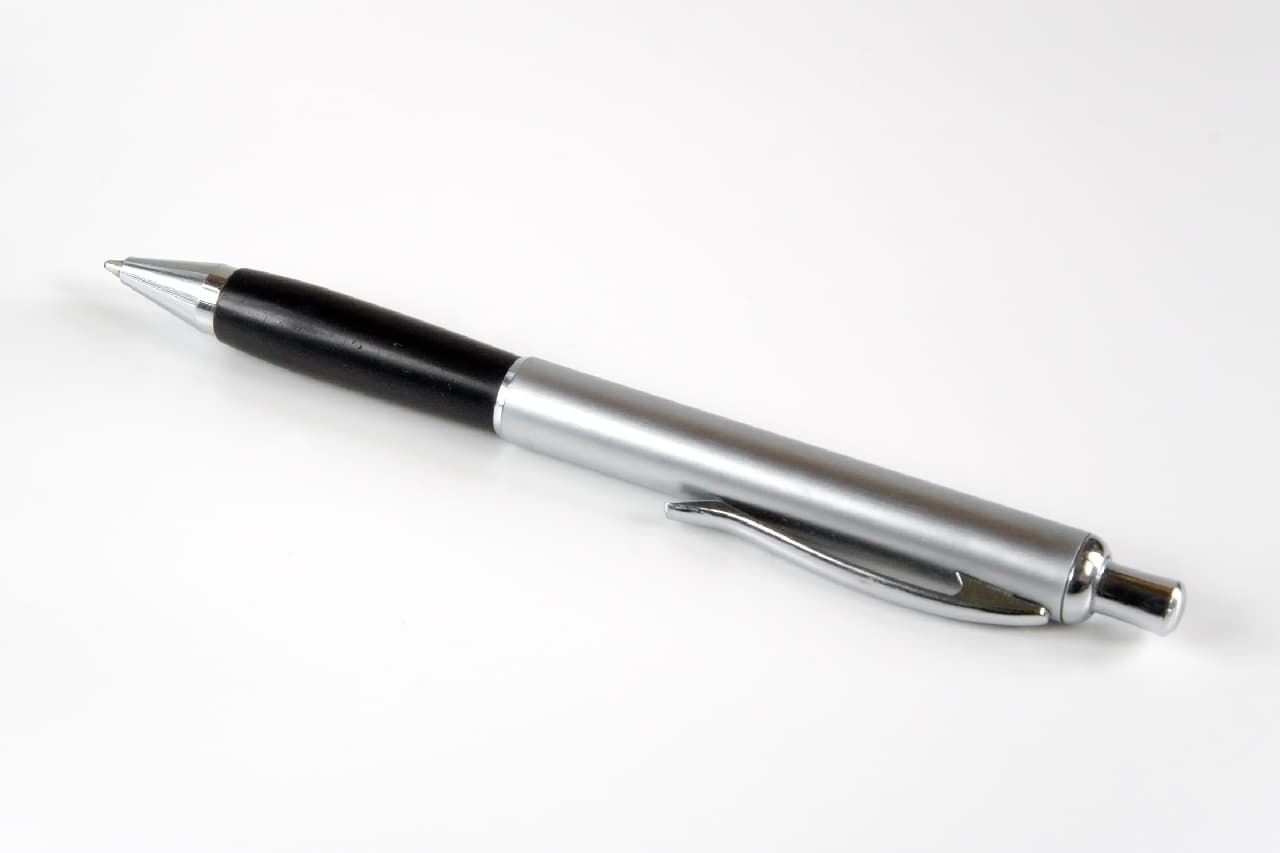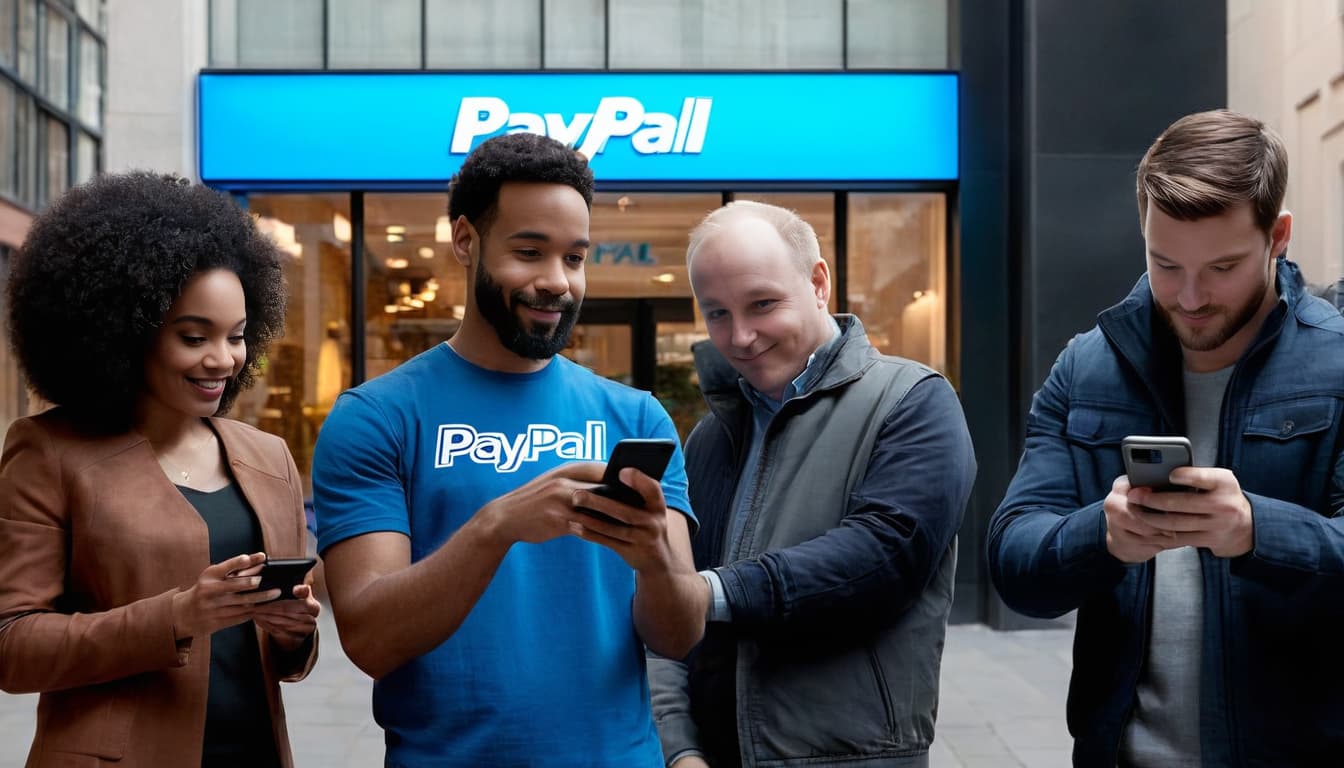It’s never too early to start teaching kids about money but endorsing a check can be tricky if you’re not sure what to do. To endorse a check for a minor child is even more tricky. Even adults can make mistakes when endorsing a check, so it’s important to know the right way to do it. If the endorsement isn’t done correctly, the check might get rejected or delayed.
Follow these simple steps the next time you need to endorse a check for your minor child. Every kid has received checks from out-of-town relatives, but with the right information, it’s easy to endorse that check for a minor correctly!
What is an Endorsement?
An endorsement is simply a signature that shows who is entitled to the money on the check. In order to endorse a check, you’ll need to sign your name on the back of the check in the designated area. The endorsement must match the name that appears on the front of the check.
Why is it Important to Endorse a Check Correctly?
It’s important to endorse a check correctly for a few reasons. First, if you endorse a check incorrectly, it may be rejected by the bank.
Second, if you endorse a check incorrectly, you may not be able to get the money that you’re owed.
Finally, if you endorse a check incorrectly, you may be responsible for any fees that are associated with the check.
Tips for Endorsing a Check:
- Use blue or black ink
- Include your signature
- Include your full name
- Include your address
- Include your phone number
How to Endorse a Check For Your Minor Child
If the check is for a minor child, you’ll need to sign your name as well as the child’s name in order to endorse a check for a minor. You can also write “For Deposit Only” or “Pay to the Order of” followed by your child’s name. This will ensure that the check can only be deposited into an account in your child’s name.
This is a different process than endorsing third-party checks, so make sure you’re familiar with how to endorse a check correctly before you sign anything.

Most parents have bank accounts or a personal account for their own checks for their personal finance transactions. Parents can either use their own financial institution for a child’s check or open a bank account for their older children in the form of a custodial account. More on this below.
How to Deposit a Check Made Out to a Child
Now that you know how to endorse a check for a minor, you might need to know how to deposit it. You have a couple of different options:
Deposit a Minor Child Check Into Your Own Bank Account
You can deposit checks into your own account and then withdraw the money and give it to your child. You’ll need to endorse the check as usual, but you’ll also need to write “Pay to the Order of” followed by your name.
This will ensure that the money is deposited into your account first. You can always use Ingo money for check cashing in PayPal if you need the cash. Or you can withdraw the money from the endorsed check and give it to your child. Be sure to keep track of all deposits and withdrawals from your account, so you don’t get confused later on.
Deposit a Minor Check into a Custodial Account
Another option is to deposit the check into a custodial account. This is a special type of account that allows you to manage money for a minor child. You’ll need to sign the check as usual, and then you can deposit it into the account. You might be able to monitor the account through mobile apps provided by most banks.
You’ll be able to access the money in the account, but you won’t be able to withdraw it until your child turns 18. This is a good option if you want to save money for your child’s future or if you need to use the money for expenses like education or medical bills. If you need the cash, there are instant online check cashing apps options that are better suited.
Advantages of Custodial Accounts
There are a few advantages to setting up a custodial account for your child. Here are the most important ones:
You Have Total Control Over the Money
One of the biggest advantages of a custodial account is that you have total control over the money. As the legal guardian, you can use it for whatever you want, and you don’t need to ask permission from your child. This is a good option if you want to save money for your child’s future or if you need to use the money for expenses like education or medical bills.
The Money Can Grow Tax-Free
Another advantage of a custodial account is that the money can grow tax-free. This means that you won’t have to pay any taxes on the interest or investment income that the money earns. This can be big savings over time, and it can help your child’s money grow faster.
The Money Is Available at Age 18
One of the best things about custodial accounts is that the money is available at age 18. This means that your child can access it without having to wait until he or she turns 21. This can be helpful if your child needs money and wants to practice money management.
Deposit a Minor Check into a Savings Account
If you don’t want to set up a custodial account, you can also deposit the check into a savings account. You’ll need to sign the check as usual, and then you can deposit it into the account. You can read about the differences between checking vs. savings account to see which is right for you.
This is a good option if you want to save money for your child’s future or if you need to use the money for expenses like education or medical bills before they turn 18.
Advantages of Savings Accounts
There are a few advantages to setting up a savings account for your child. Here are the most important ones:
The Money Can Grow Over Time
One advantage of a savings account is that the money can grow over time. This means that your child will have more money when he or she reaches adulthood. This can be helpful if your child wants to go to college or buy a house.
The Money Is Available Anytime
Another advantage of a savings account is that the money is available anytime. The child does not have to wait until 18 to make a withdrawal. This can be helpful if your child needs money for an emergency.
You Can Withdraw the Money Anytime
One of the best things about a savings account is that you can withdraw the money anytime. This means that you can get the money if you need it for an emergency.
How Can a Minor Cash a Check Made Out to Them?
Cashing a minor’s check isn’t as hard as many make it out to be. Actually, you can cash a check made in someone else’s name is quite common, and a local bank will cash or deposit a check for anyone with a state ID, regardless of age.
There are other options for cash. However, the parent will need to sign the back of the check as well.

Some stores like Walmart will cash checks for anyone with proper identification. The amount that can be cashed will depend on the Walmart check cashing policy at each store, but typically it’s around $5,000. There may be a fee associated with cashing the check, so be sure to ask about this before getting started.
Are Mobile Deposits an Option for Cashing a Check?
Yes, mobile deposits are an option for cashing a check. This is a convenient way to deposit a check without having to go to the bank. You can make a mobile deposit by taking a picture of the check and sending it to your bank through their mobile app. Additionally, there are many places to cash a personal check near me that also offer mobile depositing.
Can You Get the Money If the Check Is Made Out to Cash?
If the check is made out to cash, you can get the money. You’ll need to sign your name to the back of the check as usual, and then you can deposit it into your account. You can also cash the check at a check-cashing service such as 7-Eleven check cashing kiosks.
These are just a few of the questions that you may have about cashing a minor’s check. If you have any other questions, be sure to ask your bank or financial institution. They will be able to help you with anything else that you need to know.



